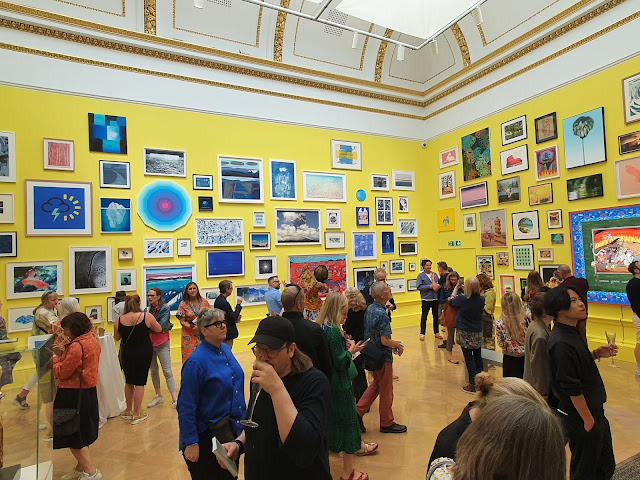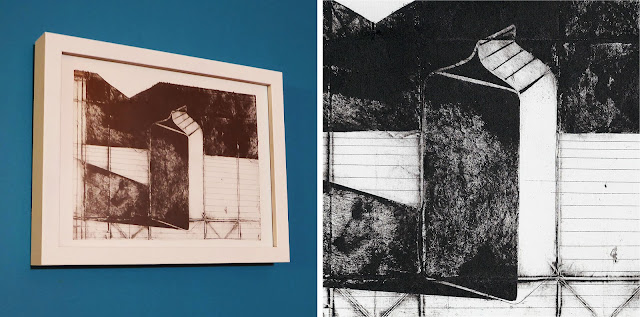Enough on our Plates – a fundraising exhibition about food waste.
I was an artist in residence at Sheffield Food Works – a social enterprise ‘building systems for fair and sustainable food for everyone’. Food Works recovers unused food from businesses and producers. They ensure this food is put to good use, preserving the time and energy that has gone into producing it.
“Food Works operate on the intersection of social justice and climate justice”
Whilst researching and developing visual communication responses to Sheffield Food Works, I learnt about the complexity and problems of food distribution and disposal infrastructures in the UK, also the attitudes and assumptions that individuals can make about ‘waste’ food. By salvaging hundreds of tonnes of food every year, Food Works are countering the negative and polluting effect of food production, delivery and disposal.
"10% of global carbon emissions come from food waste, while only 4% comes from aviation"
As a conclusion to the residency, I created an exhibition of experimental prints, drawings, photographs and information in order to attract more funding to Food Works and entice more local customers to their venues.
“If you look at Food Works as an alternative food bank, that misses out a lot of what we're trying to do. Similarly, from an environmental angle, there can be less awareness of the importance of inclusivity and making sure that everyone, irrespective of background, has a voice in what a sustainable and fair food system could look like”.
 |
| Limited edition stencil screenprints created using ink from food waste |
 |
| Limited edition screenprints of food crates on teatowels |
 |
Large canvas artwork created using reclaimed food |
 |
| Exhibition Launch at Sharrow Community Forum |























